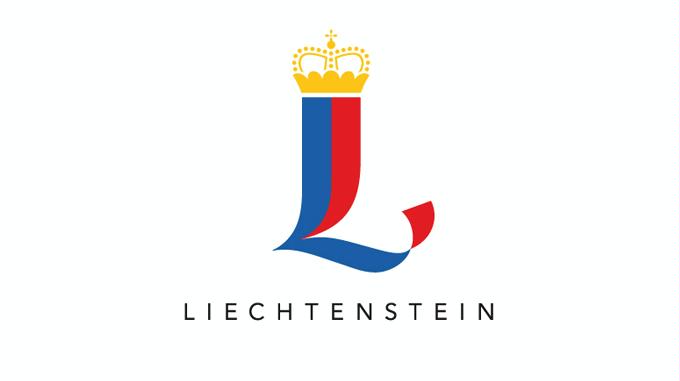The Principality of Liechtenstein was established within the Holy Roman Empire in 1719. Occupied by both French and Russian troops during the Napoleonic Wars, it became a sovereign state in 1806 and joined the Germanic Confederation in 1815. Liechtenstein became fully independent in 1866 when the Confederation dissolved. Until the end of World War I, it was closely tied to Austria, but the economic devastation caused by that conflict forced Liechtenstein to enter into a customs and monetary union with Switzerland. Since World War II (in which Liechtenstein remained neutral), the country's low taxes have spurred outstanding economic growth. In 2000, shortcomings in banking regulatory oversight resulted in concerns about the use of financial institutions for money laundering. However, Liechtenstein implemented anti-money laundering legislation and a Mutual Legal Assistance Treaty with the US that went into effect in 2003.
Liechtenstein is a constitutional monarchy.
Source: CIA World Factbook
Members:
Resources
Displaying 26 - 29 of 29Soil Improvement Ordinance.
The present Ordinance implements the Agriculture Act of 11 December 2008. In particular, the Ordinance regulates: a) public funding of certain buildings, facilities and soil improvements measures; b) authorization of irrigation facilities and drainage facilities in agricultural zones being without government aid. The text consists of 21 articles divided into 4 Parts as follows: General provisions (I); Promotions (II); Prohibition of misappropriation and recovery of promotions (III); Authorization of soil improvements measures (III b); Transitional and final provisions (IV).
Spatial Information Act.
The purpose of the present Act is to transpose into national legislation the Directive 2007/2/EC of the European Parliament and of the Council of 14 March 2007 establishing an Infrastructure for Spatial Information in the European Community (INSPIRE). Article 1 of the above-mentioned Act establishes that the present Act regulates the creation, maintenance and organization of a national spatial data infrastructure. In particular the Act aims to provide authorities, economy, science and the public with spatial information in a sustainable, up to date, quick and simple way.
Land Survey Act.
The present Act lays down provisions relating to the: a) the installation and the tracking of cadastral survey forming the basis for the introduction and description of each property in the Land Registry; b) the documentation of the public private ownership restrictions.
Act on conservation and protection of agriculture land.
The present Act lays down provisions relating to the permanent protection of soil against misappropriation in order to guarantee self-sufficiency and conserve the rural structures. The text consists of 8 articles as follows: Principle (1); Separation of municipalities (2); Soil requirements (3); Safeguard of agricultural land (4); Deadline (5); Provisional agricultural zone (6); Proceedings (7); Entry into force (8).


